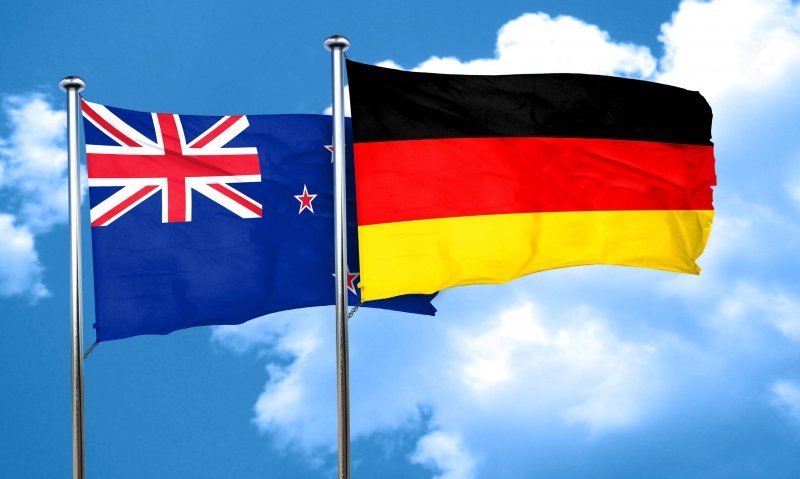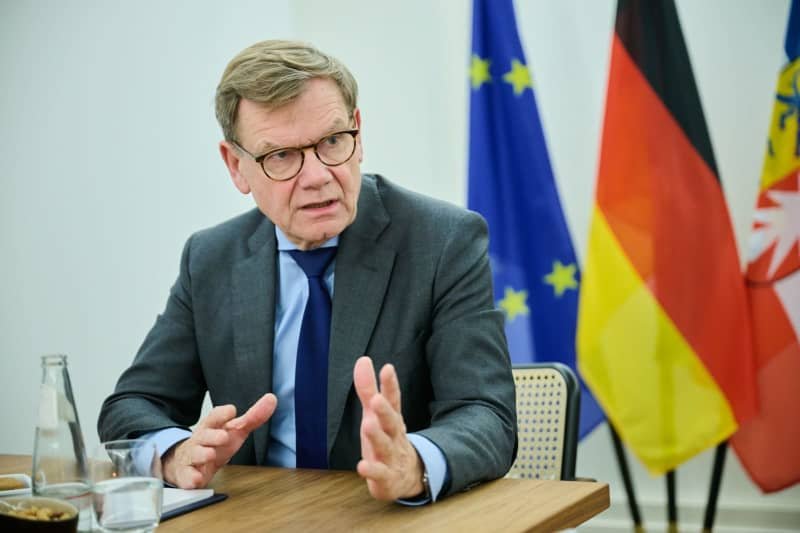Berlin, May 13, 2024, The Europe Today: In a recent development, German authorities have disclosed a substantial increase of 28% in cyberattacks by foreign perpetrators in the year 2023, with notable contributions from actors based in Russia and China. This revelation comes as part of the latest data released on Monday, shedding light on the escalating cyber threat landscape confronting Germany.
German Interior Minister Nancy Faeser addressed the pressing issue, stating, “The threat level in the area of cybersecurity remains high,” as she presented the national report on cybercrime. The surge in cyber assaults raises concerns, particularly in light of the upcoming European Parliament elections in June, heightening anxiety over suspected hackers and espionage activities.
Bitkom, the German digital industry association, reported a significant escalation in cyberattacks originating from Russia, with a doubling in frequency over the past two years. Similarly, cyber assaults emanating from China witnessed a 50% surge during the same period, as confirmed by Bitkom CEO Bernhard Rohleder in an interview with German public broadcaster ZDF.
According to Rohleder, a staggering 80% of German companies targeted by cyberattacks fell victim to data theft, espionage, or sabotage, indicating the severity of the threat landscape. He further estimated the economic toll inflicted by cybercrime to be €148 billion ($159 billion) annually.
Rohleder attributed the majority of cyberattacks to organized criminal entities or foreign intelligence services, citing varied motives ranging from financial gain to disruption of critical infrastructure such as energy supply, transportation, and healthcare facilities. He also noted a segment of cyber attackers driven by recreational motives, highlighting the diverse nature of cyber threats faced by Germany.
Earlier this month, the German government publicly accused Russia of orchestrating cyberattacks against its defense and aerospace sectors, along with targeting members of Chancellor Olaf Scholz’s governing center-left Social Democratic Party (SPD). Faeser condemned the cyber assaults, attributing them to groups affiliated with Russian military intelligence and reaffirming Germany’s commitment to safeguarding its democracy.
“We will not be intimidated by the Russian regime,” Faeser asserted. “We will continue to do everything to protect our democracy from Russian cyber actions and we will continue to support Ukraine,” she concluded.
The surge in cyberattacks underscores the critical imperative for robust cybersecurity measures and collaborative efforts to mitigate evolving threats in an increasingly interconnected digital landscape.














